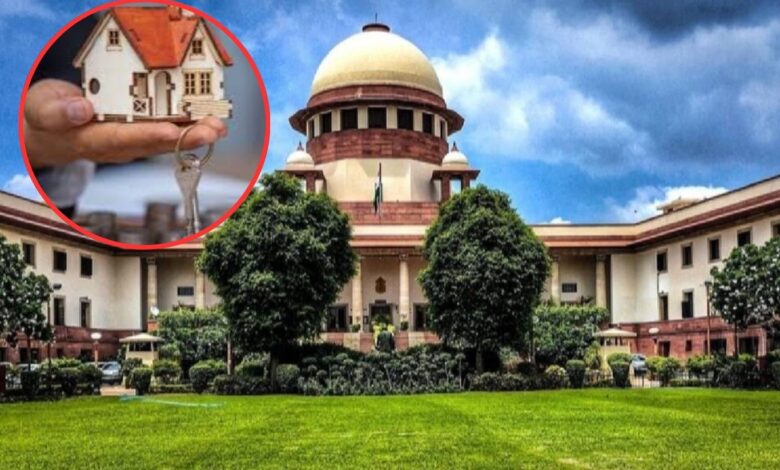Registry Is Not Ownership: Supreme Court’s Landmark Judgment on Property Rights Shakes Legal System
News Mania Desk / 13th June 2025

In a landmark ruling that could have far-reaching implications on property transactions across India, the Supreme Court has clarified that mere registration of a property does not amount to legal ownership. The judgment reaffirms that title and ownership can only be conferred through a valid transfer of title in accordance with law—not just through a registered sale agreement or General Power of Attorney (GPA).
The case arose when a dispute emerged over ownership claims based solely on registered documents like GPA and Agreement to Sell. The bench, comprising Justices Ahsanuddin Amanullah and S.V.N. Bhatti, ruled that such documents do not establish ownership unless backed by a proper sale deed executed under Section 54 of the Transfer of Property Act.
The Court emphasized that Indian property law requires valid title transfer through a registered conveyance deed. While documents like GPA and agreement to sell may authorize possession or imply intent to sell, they cannot replace the legal transfer of ownership. “Registration of such documents does not by itself vest legal title in the transferee,” the Court observed.
The apex court also criticized the misuse of GPA sales, which have often been used to avoid stamp duty and registration charges. It reiterated that these practices are invalid for transferring ownership and warned that buyers relying solely on such documents remain vulnerable to legal disputes.
This judgment builds on the Supreme Court’s 2011 ruling in Suraj Lamp & Industries Pvt Ltd vs State of Haryana, where it had first declared that property sales through GPA are not legally valid. The latest verdict strengthens that precedent, signaling a strong message to both buyers and sellers.
Legal experts see this as a major development that could clean up the real estate sector. It ensures that only duly executed and registered sale deeds can confer ownership, helping reduce fraud, avoid litigation, and improve clarity in land records.
The Court also urged state governments to spread awareness and take measures to discourage transactions based solely on GPA and sale agreements. Citizens have been advised to verify the title through proper legal documents and avoid shortcuts that could cost them their property rights.
In conclusion, this Supreme Court ruling is a vital step toward enforcing lawful and transparent property transactions in India, reiterating that a registry is not ownership unless backed by proper title transfer.
Please connect with me –editor.newsmania@gmail.com






